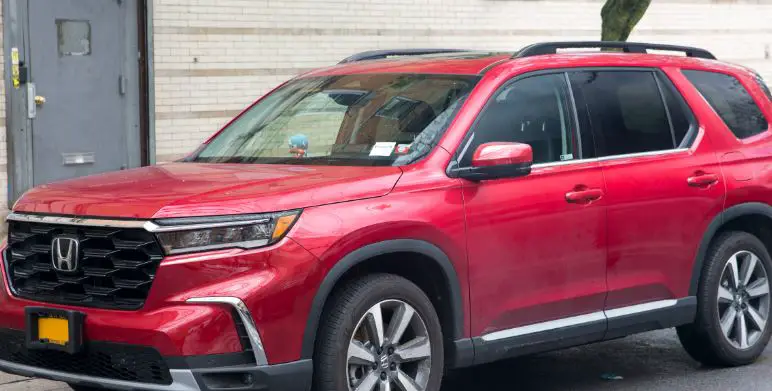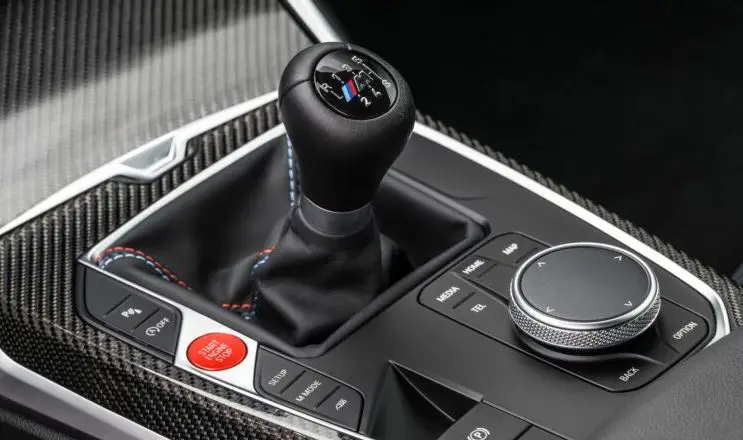SUVs (Sports Utility Vehicles) are becoming increasingly popular in the US budget-conscious market. SUVs have a commanding appearance on the road, a roomy cabin, and a slew of high-end equipment. Do you intend to purchase a new SUV as well?
Then you have landed on the right page. Read on to learn about the factors to consider before purchasing an SUV. Choosing an SUV may be difficult, especially with so many alternatives on the market, especially with so many automakers producing full-size SUVs.
You can’t afford to make a bad purchasing selection with a budget of roughly $50,000. Before you decide to buy an SUV, you should check out the review of cheap SUVs under 50K. Here are some parameters to consider while buying a budget segmented SUV.
What should you look at before your purchase?
Motor– When you have decided on a budget for your SUV, the next big decision is whether to go with a gasoline or diesel engine. The answer is straightforward: a diesel engine provides greater power and torque and is better suited to long-distance travel.
The NVH (Noise, Vibrations, Harshness) levels of a petrol engine are lower than those of a diesel engine. So, if you’re looking for a vehicle to take on long excursions, a diesel SUV is a good choice. However, if you want to use the SUV on a daily basis, you should pick a petrol model because its maintenance costs are reasonable.
Gear– If you want to experience pure driving pleasure, a manual transmission SUV is the way to go. If you want a comfortable and smooth driving experience or to use the car on a daily basis, choose an SUV with an automatic transmission. If you choose an automated vehicle, you won’t have to worry about using the clutch pedal.
Paddle shifters are available on certain automatic SUVs, allowing you to override the automatic gearbox and swap ratios manually. SUVs like this combine the best of both worlds.
Steering System– The steering system is the next important thing to take into account when purchasing a high-end SUV. It is entirely dependent on your needs. A front-wheel-drive (FWD) SUV will suffice if you are not particularly adventurous and do not drive on off-roads.
If you’re an off-road enthusiast who likes to venture off the beaten route (on occasion), though, a four-wheel drive (4WD) or all-wheel-drive (AWD) SUV is the way to go. It’s worth noting that four-wheel-drive cars are costly and require regular maintenance. As a result, make your decision based on your requirements.
Ground Clearance– The space between the bottom of the vehicle’s body and the ground is known as ground clearance. Consider purchasing an SUV with a high ground clearance, since it will allow you to drive over obstacles without harming your vehicle’s undercarriage.
In the US, ground clearance is critical for navigating speed breakers on the road, as well as rocks, streams, and other obstacles encountered while driving on bad roads. If you enjoy off-roading, ground clearance is an essential factor to consider when selecting an SUV.
Driving Experience– Due to their huge body proportions, SUVs are not the most aerodynamic vehicles. As a result, when driving through turns, you may notice a lot of body roll. Before deciding on an SUV, make sure you take it for a test drive.
Get a feel for the vehicle’s handling and see whether it fits your driving style. Also, because an SUV is a huge vehicle, keep an eye out for blind areas. Finally, try to drive the SUV to check whether the sitting ergonomics are to your liking.
Interiors– The large interior of an SUV is its most significant feature. However, before purchasing one, make sure you receive a firsthand impression of the vehicle’s comfort levels. If it’s a seven-seater, make sure all three rows have enough knee, head, and shoulder room. Also, make sure the seats are supportive and comfortable. Last but not least, be sure to inspect the boot area, especially if you frequently travel by car.
Comfort– If you’re investing around $50,000 on an SUV, it should be worth it. Before making a buying choice, look for amenities such as automatic climate control, back passenger AC outlets, leather interior, electronically controlled front seats, a cordless cellphone charger, and so on.
Safety– Whether it’s an SUV or a little hatchback, protection is one of the most critical components of any car. Check for airbags, movement sensors, traction control, electronic anti-lock brakes, cliffside assist, and other important safety features in the SUV. Never make a safety sacrifice, even when purchasing a high-end automobile.
Car Technology– In the automobile industry, smart transport technology has become the new standard. Several SUVs have inbuilt SIM cards that allow them to connect to the internet. Connected car technology allows you to control vehicle operations remotely using your smartphone and includes a number of other security measures. When shopping for an SUV, check for characteristics like these.
Brand Name– Consider purchasing a car with a high market brand value. It will be beneficial to you in the long term. For example, if you want to sell your SUV in 3-4 years, a well-known automobile brand will get a high resale price. As a result, it is critical to select a market-leading brand. Purchasing a high-end SUV is a substantial investment, so you can’t afford to make a mistake.
Go Home







